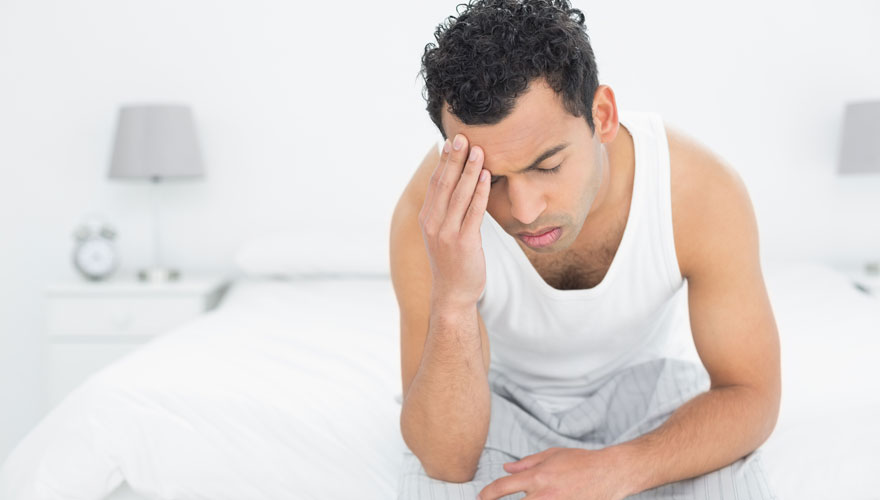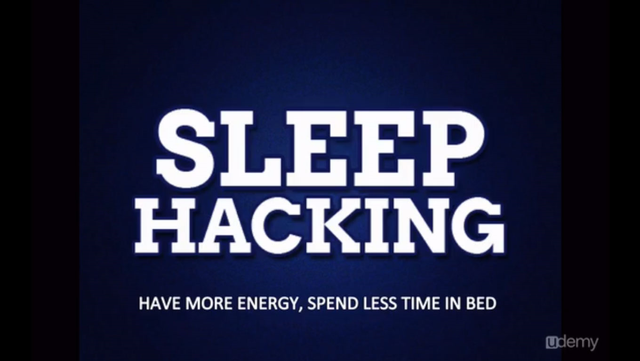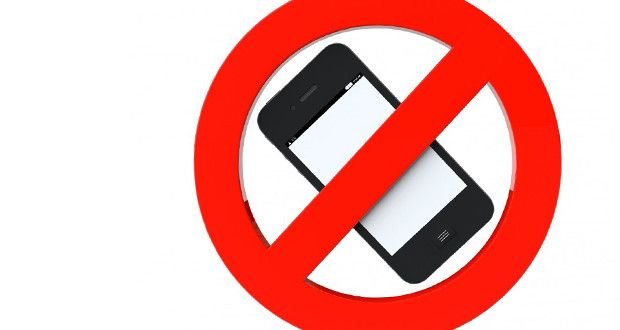The alarm clock sounds as yet another morning begins, waking you up from a dreamless night. "5 more minutes", you think to yourself, as you press the snooze button. "5 more", you think again, when this happens the second time. Getting out of bed feels like the biggest hassle of your life. All your muscles are as stiff as a plank of wood and you feel like you are weighing a hundred tons. You rub your eyes while you slowly standing up from the bed and after a deep, unsatisfying yawn, you are finally on your feet, to start your day, not ready at all.
Do you see yourself in this description? It happens to a lot of us, right?
In the modern world we are busy all the time, running a seamless neverending rat race to support us and our families. We have been deprived of the element we should need the most: time. Time flies so fast for us, like sand falling from your hands, that at the end of the day we rarely remember what happened during all these hours. We need to get back our time and use it to foster our well-being and, ultimately, our happiness.
It is for this very reason we should make sure to dedicate time to the things that matter the most for both our bodies and our minds, starting from the most important part: having a good night's sleep.
Numerous studies have demonstrated the benefit of having a good sleep cycle: not only this makes us feel relaxed and refreshed in the morning and ready to face our day, but it also influences our psychology, our consciousness and our view of the world in general.
I have therefore decided to put together some tips in order to get back on your feet in the morning feeling happy and motivated to start our day. Let's take a look at them!
- Hack your sleep routine
This is one of the most important tips: our bodies work following the so-called cyrcadian rhythm, a chemical process occurring in our body that "allows organisms to anticipate and prepare for precise and regular environmental changes. It thus enables organisms to better capitalize on environmental resources (e.g. light and food) – Source. Let's think of it as our internal biological clock.
We are still animals, as sentient as we might be, so technically we should still follow the natural alternation of day and night, waking up when the sun rises and going to sleep after sunset. In our modern world, mostly due to the invention of electricity, we are not able to follow this rhythm anymore, so we need to "hack" it in order to make it as close to the natural one as possible.
Doctors recommend going to sleep and waking up everyday at the same time. Generally it is recommended to go to sleep at around 22 and having at least 8 full hours of sleep, so you should wake up at 6 in the morning (please note that not all people need the same number of sleeping hours. someone might need 9, some other 6 or even 4 to be fully rested. Just find what is right for you).
- No heavy foods, alcohol, caffeine or soft drinks before going to bed
Not only these harm your stomach, liver and other internal organs, they make you fat and have a devastating effect on your sleep. Your body needs to process all these "nutrients" while being in a state of unconsciousness, thus dedicating a lot more resources to that rather than to recharge your batteries. Try to substitute these beverages with chamomille or herbal teas specifically designed to contribute to sleep (valerian ones are some of the best). This will lower down your irritability in the morning.
- No cellphones or PC before going to sleep
Bright cellphone or monitor lights can make falling asleep harder. Make sure you turn off your electronic devices at least 30 minutes before going to sleep. Read a book instead: this has been demonstrated to have a more relaxing and soothing effect. Plus, you will learn something new, so it's a win win situation!
- Make sure to prepare your bedroom for sleep
Dim your lights, open the window and have some fresh air fill up the room. Studies have shown you fall asleep better and faster with a room temperature of about 18.5 degrees Celsius (65 degrees Farenheit). This is because your body temperature is lower during the deep sleep phase and gets higher and higher towards the end of your sleep cycle, signaling your body it's time to wake up.
- Do regular physical exercise
Lots of times we are not able to fall asleep because we are not physically tired enough. Try to add a 40-minute daily exercise routine to your life, especially aerobic exercises like running, walking or cycling. Not only will this help you stay fit and benefit your body altoghether, but going to bed tired helps you fall asleep much faster. The sense of relaxation you will have after waking up is undescribable.
I really hope you enjoyed the article, guys! Feel free to comment below and let me know what are your favourite techniques / habits to get a good night sleep.
Sweet dreams, everybody! :)






As someone who suffers from insomnia, you pretty much summed up what my doctor calls "practicing good sleep habits". Also, he has told me many times, that when I find myself not being able to sleep, get up and read, or write for a few minutes. Then try to go back to sleep. My mind often starts to think a lot when I try to sleep and that is my main problem.
Very nice and informative post!
Downvoting a post can decrease pending rewards and make it less visible. Common reasons:
Submit
You are talking with an overthinker here, so i completely get you :). Our brain is a really weird machine, when it should just calm down and relax instead it starts producing even more thoughts.
Thanks for the comment @jennifer78 and for sharing your tips on good sleep :)
Downvoting a post can decrease pending rewards and make it less visible. Common reasons:
Submit
Nice Post! I have a lot of trouble sleeping but most of this helps too. Also something that works wonders for me is an app called F.lux, which gradually takes the blue light out of your computer screen the closer you get to bed time. Since Blue Light is responsible for wakefulness this can really really help. I'd also reccomend checking out Joe Rogans Podcast with Dr. Matthew Walker #1109, super insightful conversation about the science of sleep from an actual expert.
Downvoting a post can decrease pending rewards and make it less visible. Common reasons:
Submit
Thanks for taking a loot at the post and for your reply ,@ethorf, these are very nice tips to follow.
The app you describe looks great, i will definitely have a look at that and at the podcast as well. I am very fond of personal wellbeing, which we ignore too much in our life, and it's time for us to stick together and take our health back :)
Have a wonderful day!
@klaus85
Downvoting a post can decrease pending rewards and make it less visible. Common reasons:
Submit